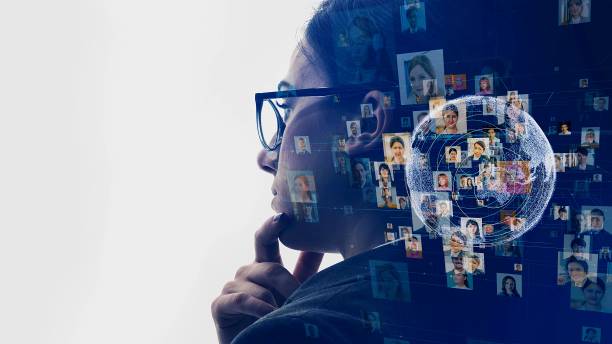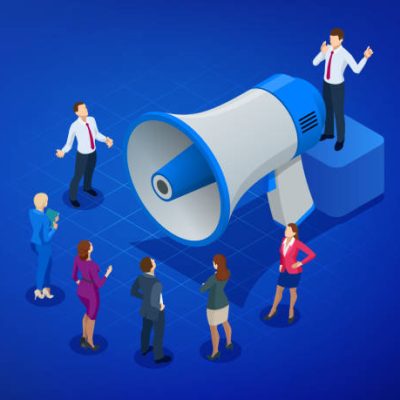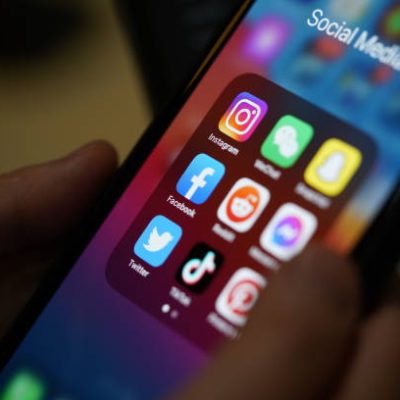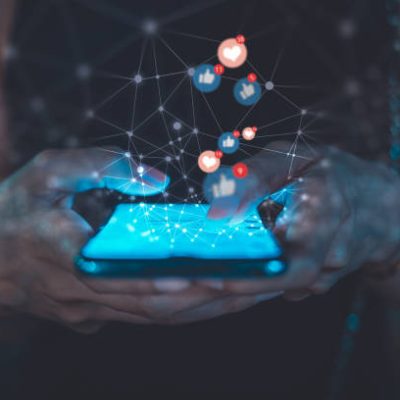Introduction:
Social media has rapidly grown and become a part of everyday life for many people. It provides a platform for people to connect with others, share their thoughts, and access information. However, with the increasing use of social media, there has been growing concern about its impact on mental health. In this article, we will examine the ways in which social media can have an impact on mental health and how it can be managed.
Positive Impact of Social Media on Mental Health
Improved Communication and Connection
Social media provides people with an opportunity to connect and communicate with others in a way that was not possible before. People can connect with friends and family members who are far away, and they can also connect with others who have similar interests and experiences. This can lead to increased feelings of support and connection, which can be beneficial for mental health.
Increased Awareness and Support for Mental Health Issues
Social media also provides a platform for people to share their experiences and raise awareness about mental health issues. This can lead to increased support and understanding for those who are struggling with mental health issues. Additionally, social media can provide people with access to resources and information about mental health, which can be helpful for those who are seeking support.
Negative Impact of Social Media on Mental Health
Increased Exposure to Negative Content
One of the ways in which social media can have a negative impact on mental health is by exposing people to negative content. This can include images or posts that are violent, upsetting, or distressing. Exposure to this type of content can increase feelings of anxiety, fear, and stress, which can be harmful to mental health.
Social Comparison and Decreased Self-Esteem
Another way in which social media can have a negative impact on mental health is through social comparison. People may compare their own lives to the highlight reels of others, which can lead to feelings of inadequacy and decreased self-esteem. This can be especially harmful to those who are already struggling with mental health issues.
Addiction and Excessive Use
Finally, social media can also be addictive, and excessive use can be harmful to mental health. People may find themselves spending hours on social media, which can lead to feelings of guilt, shame, and low mood. Additionally, excessive use of social media can interfere with sleep, which can further impact mental health.

Managing the Impact of Social Media on Mental Health
Limit Exposure to Negative Content
To manage the negative impact of social media on mental health, it is important to limit exposure to negative content. This can be done by setting limits on the amount of time spent on social media, as well as being mindful of the types of content that are viewed. People can also unfollow accounts that are a source of negativity or take a break from social media altogether.
Practice Self-Care
Another way to manage the impact of social media on mental health is to practice self-care. This can include engaging in physical activity, spending time with loved ones, and engaging in activities that bring joy and fulfillment. Additionally, it is important to be mindful of the amount of time spent on social media and to set boundaries around its use.
Seek Professional Help
Finally, if social media is having a significant impact on mental health, it may be necessary to seek professional help. This can include talking to a doctor, therapist, or counselor about the issue, and seeking support from others who understand what you are going through.
Conclusion:
Social media has had a significant impact on mental health, both positive and negative. While it can improve communication and connection, increase awareness of mental health issues, and provide support, it can also expose people to negative content, cause social comparison and decreased self-esteem, and be addictive. To manage the impact of social media on mental health, people can limit exposure to negative content, practice self-care, and seek professional help if necessary.





